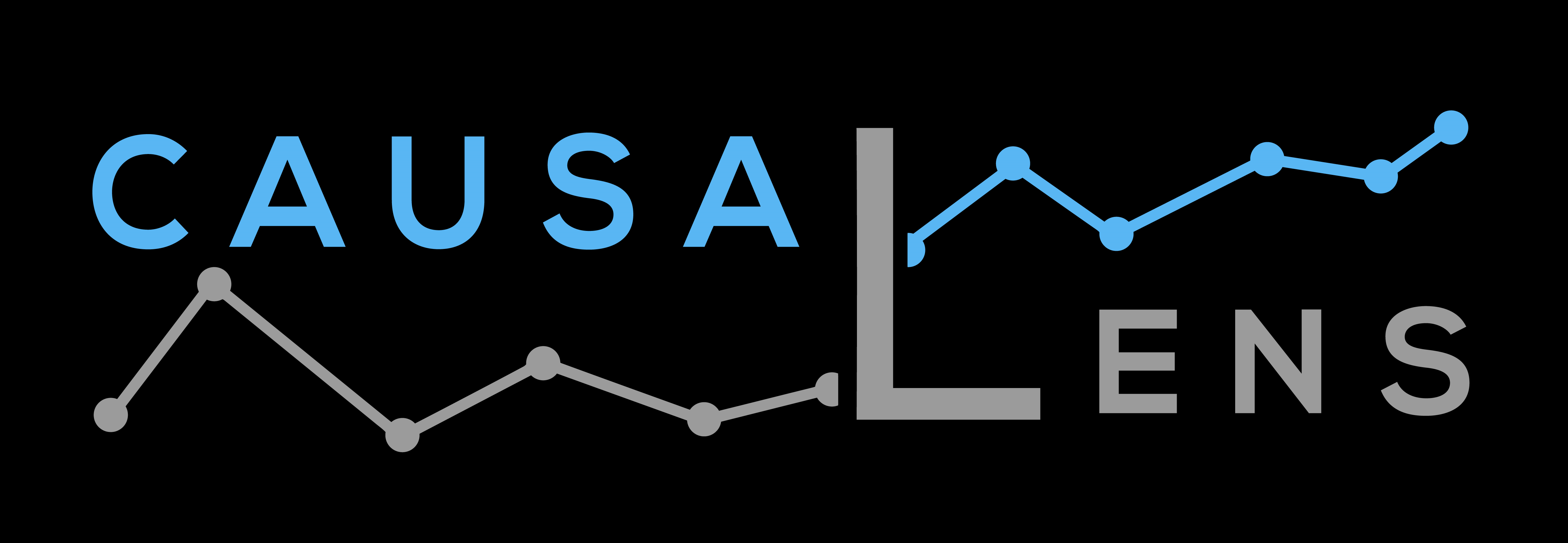Computer science experts from academia and industry discussed the key challenges surrounding emerging artificial intelligence (AI) and blockchain technologies at the launch of the University of Southamptonâs Centre for Machine Intelligence (CMI).
The new CMI, based within the Department of Electronics and Computer Science (ECS), draws together researchers and practitioners in AI, machine learning and autonomous systems to develop a coherent approach to research and technology transfer to impact our future society.
Over 100 attendees from across the University and industry explored opportunities in the research themes at a CMI launch event at Highfield Campus on Thursday 1st February. The workshop, which was sponsored by Oxford Innovation, posed pressing questions around the ethical and responsible use of AI and Blockchain with a focus on its application in large scale Internet of Things (IoT) systems in the insurance and social care sectors.
Speakers at the CMIâs inaugural event included Simon Towner, CEO at KOIOS Master Data, Martin Doyle, CEO of DQ Global, and Russ Cole, Chairman of the ESL Group.
Dr Sarvapali (Gopal) Ramchurn, Associate Professor and Head of the CMI, explains, âMachine Intelligence has been at the centre of the research activities of the University of Southampton for more than 20 years and our department has generated over £50m of funding for Machine Intelligence technologies in the last 10 years across 30 medium to large research projects. The formation of the CMI is an important next step at a time of great advances in this field and we look forward to working with industry, policy makers and the general public as we address both national and global challenges.â?
ECS at the University of Southampton currently has over 30 academics and researchers working on the fundamental underpinnings of AI, autonomous systems and machine learning. Research groups within the department that focus on the theoretical aspects of Machine Intelligence include the Agents, Interaction, and Complexity group, and Vision, Learning, and Control. In addition, a number of other groups across the university are increasingly applying AI and machine learning in their research areas. This includes Smart Energy Systems, Smart Manufacturing, Precision Healthcare, and Smart Cities.
In the next few months, the CMI will be ramping up its activities in order to boost PhD student numbers through funded studentships and support new research projects in collaboration with industry through focused Knowledge Transfer Partnerships (KTPs), GDPs (Masters Level Group Design projects) and large grant funding bids.
Related Links
The University cannot accept responsibility for external websites.
